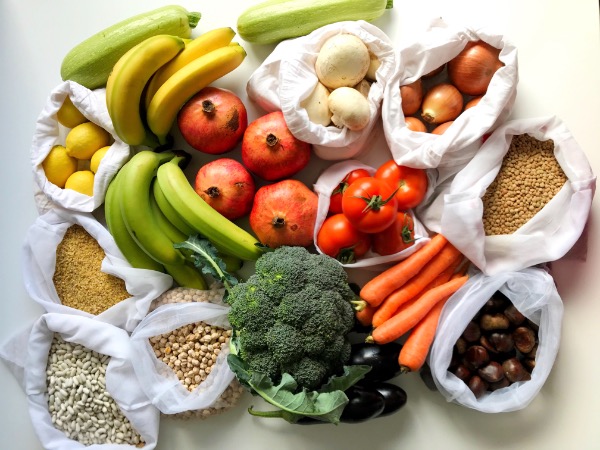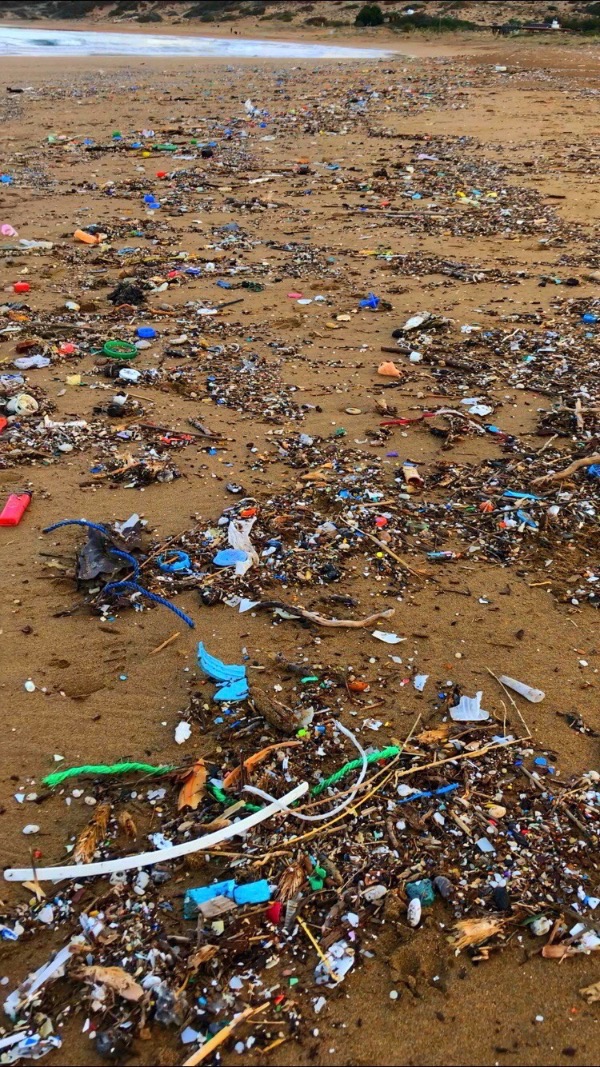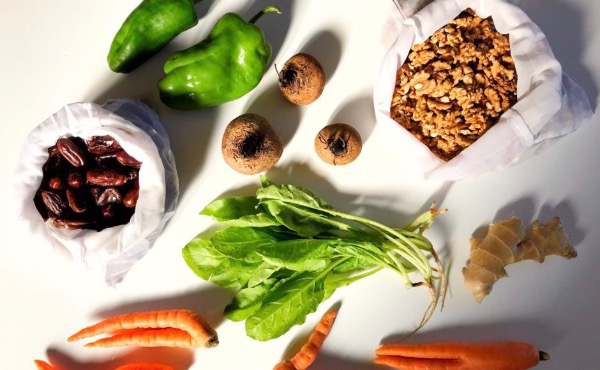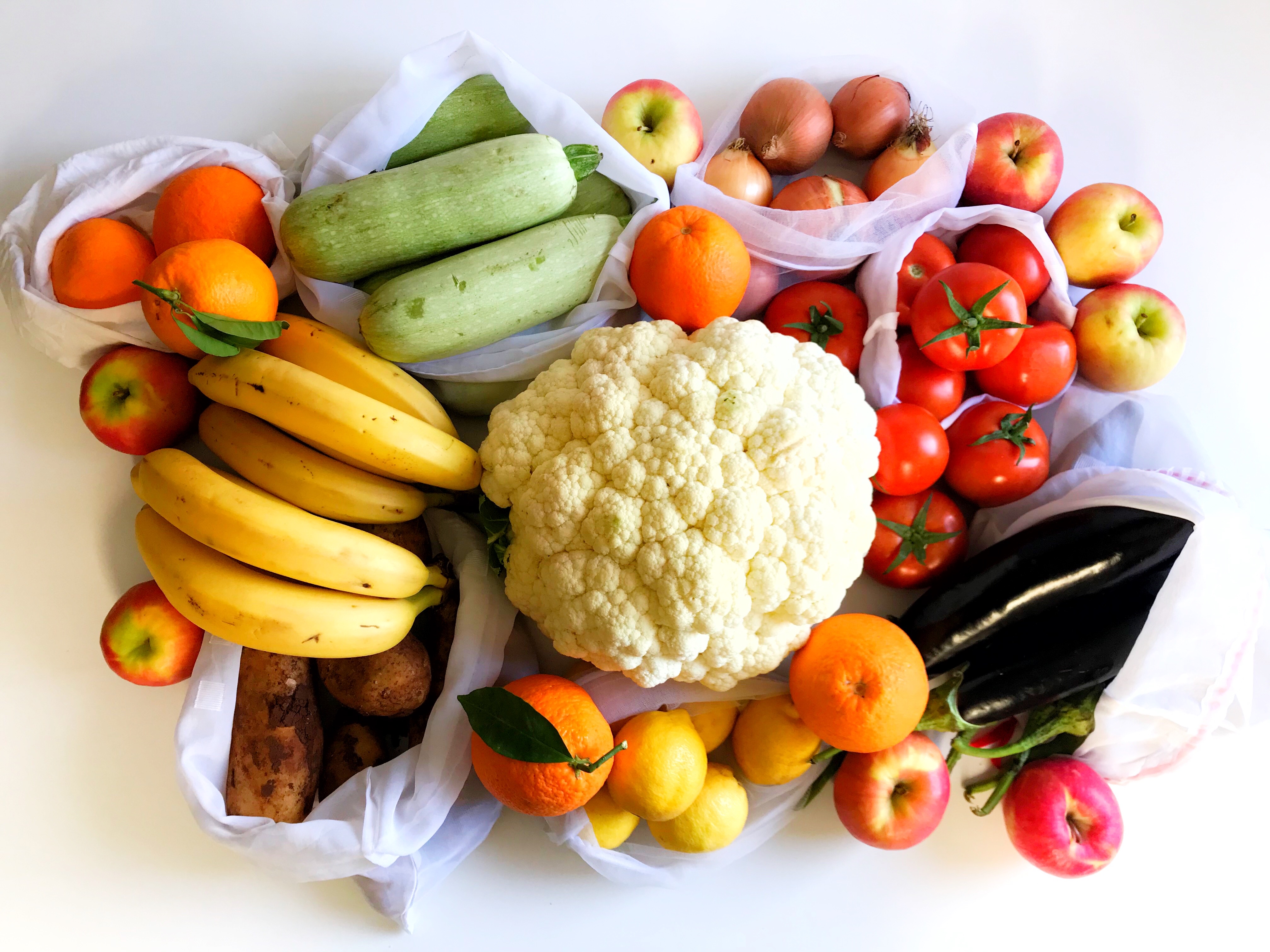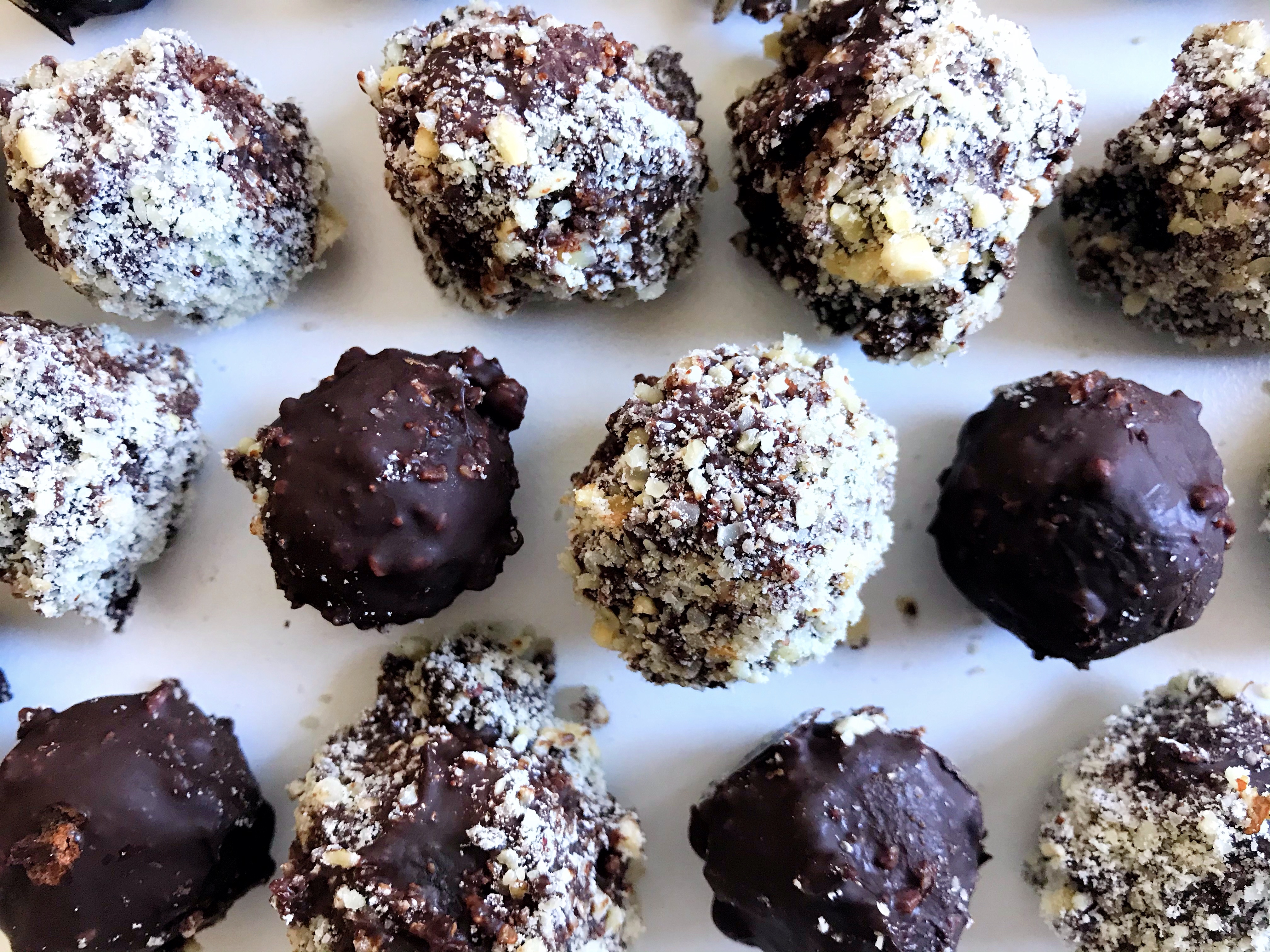Where to start when you want to make a positive difference for our planet
1. START WITH YOURSELF
Look after yourself first because when you do, you will feel good and you will have an energy to make a difference.
If you don't look after yourself, you will feel tired, maybe not feeling good and this will stop you from living your life to the fullest and you wont have an energy to make a positive difference.
Self care tips:
Eat healthy - have a look at all these delicious recipes
Exercise regularly - choose the type of exercise which you like because when you do what you enjoy you will stick with it
Drink plenty of water
Sleep enough
Give yourself “your time”
Spending time on a fresh air - go for a walk
Do something what you like
Allow yourself to relax
2. REFUSE what you don't need
For example:
Leaflets or marketing materials given for free on the streets and events
Plastic straws
Plastic bags
Junk mail in your mail box (write on it “no junk please)
Any single use plastic
3. REUSE what you already have and keep reusing it
Don’t buy new items even when they are made from more sustainable material. If you have already the same item (let’s say made from plastic) at home.
For example:
If you already have at home plastic storage food containers, don't throw them away. Throwing things away when they are perfectly usable is not the point.
Point is to keep reusing them till we can and when they come to the end of their life we can replace them with something made from more sustainable material.
4. REHOME what you don't want or need
If you don't want or need something anymore, ask your family, friends, people you know if they want the item you don't want or need. They might want it, you never know.
If not, try charity shops, second hand shops, vintage shops.
I love the saying “for someone trash for other treasure”.
Please try to avoid throwing the things you don't need or want away.
5. REDUCE or completely eliminate eating animal products because
Avoiding meat and dairy products is the single biggest way to reduce your environmental impact on the planet, according to the scientists behind the most comprehensive analysis to date of the damage farming does to the planet.
The new research shows that without meat and dairy consumption, global farmland use could be reduced by more than 75% - an area equivalent to the US, China, European Union and Australia combined - and still feed the world.
Loss of wild areas to agriculture is the leading cause of the current mass extinction of wildlife.
“A vegan diet is probably the single biggest way to reduce your impact on planet Earth, not just greenhouse gases, but global acidification, eutrophication, land use and water use” said Joseph Poore, at the University of Oxford, UK, who led the research.
“It is far bigger that cutting down on your flights or buying an electric car”, he said, as these only cut greenhouse gas emissions.
“Agriculture is a sector that spans all the multitude of environmental problems,” he said.
“Really it is animal products that are responsible for so much of this.
Avoiding consumption of animal products delivers far better environmental benefits than trying to purchase sustainable meat and dairy.”
Source: Avoiding meat and dairy is single biggest way to reduce your impact on Earth
Health point of view
In 2015, after 22 experts from 10 countries assessed more than 800 epidemiological studies, the World Health Organisation’s International Agency for Research on Cancer classified consumption of processed meat as “‘carcinogenic to humans’ (Group 1) on the basis of sufficient evidence for colorectal cancer.”
Source: Eat Plants, Not Meat: Dietary Guidelines Should Follow American Cancer Society Recommendations
Heart Disease
People who eat a plant-based diet have a lower risk of dying from heart disease when compared to non-vegetarians. Plant-based diets have been proven to prevent and reverse heart disease, improve cholesterol, and lower blood pressure.
Diabetes
Plant-based diets prevent, manage, and reverse type 2 diabetes. Plant-based diets lower body weight, improve insulin function, and increase beta-cells’ ability to regulate blood sugar, which helps reverse symptoms associated with type 2 diabetes.
Weight Loss
Plant-based diets lead to weight loss, even without exercise or calorie counting. Replacing high-fat foods with fruits, vegetables, whole grains, and legumes naturally reduces calorie intake.
Cancer
Avoiding animal products and high-fat foods and eating plant-based foods can lower the risk of developing certain types of cancer.
Brain Health
Saturated fat and trans fat—found in dairy products, meat, and fried foods—can increase the risk for Alzheimer’s disease and other cognitive conditions. A plant-based diet avoids these foods and is rich in antioxidants, folate, and vitamin E, which may offer a protective effect.
Sources: Good nutrtion/plant based diets
6. REPAIR what is broken.
Instead of throwing broken item away, try if you can repair it. Sometimes it is possible.
7. REPURPOSE / UPCYCLE
If you have some item which might be old or you think you don't need it anymore, try to repurpose it into something else.
For example:
My grandma gave me her old curtains which she originally wanted to throw away but I said no, and I made from it produce bags for fruit, veggies, dry goods. I just love using them.
From my boyfriend’s old jeans, I made a handbag for myself and my sister.
From my old pyjama bottoms I made gift bags.
8. ROT / COMPOST if you can.
9. RECYCLE as a last option.
Learn about recycling in your area and recycle correctly. But take recycling as a last option. Try the previous tips first from above.
Recycling is not as effective as you may think.
Worldwide:
Plastic takes more than 400 years to degrade, so most of it still exist in some form.
Only 12% has been incinerated.
The new study, published in the peer-reviewed journal Science Advances, is the first global analysis of all plastics ever made - and their fate.
Of 8.3 billion metric tons that has been produced, 6.3 billion metric tons has become plastic waste.
Of that, only 9% has been recycled.
The vast majority - 79% - is accumulating in landfills or sloughing off in the natural environment as litter. Meaning: at some point, much of it ends up in the oceans, the final sink.
Sorce: 91% of plastic isn't recycled
Love💕Inkka
My programme ULTIMATE WHOLE FOOD PLANT BASED LIFESTYLE IS FOR YOU if you want to:
➺ make a positive difference for our beautiful planet
➺ be & feel healthier than ever before and full of energy
Ultimate whole food plant based programme
You might also like
What is plastic and microplastic
What is the difference between climate change and global warming
Articles - Zero waste lifestyle
Articles - Whole food plant based lifestyle

